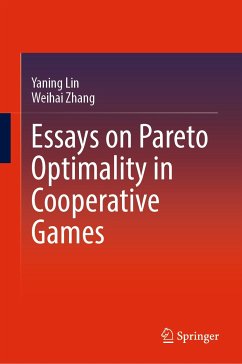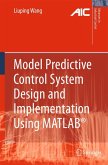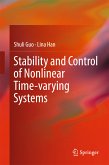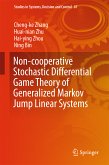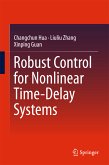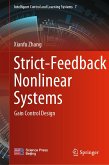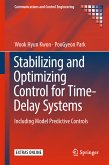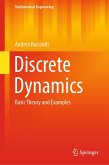The book focuses on Pareto optimality in cooperative games. Most of the existing works focus on the Pareto optimality of deterministic continuous-time systems or for the regular convex LQ case. To expand on the available literature, we explore the existence conditions of Pareto solutions in stochastic differential game for more general cases. In addition, the LQ Pareto game for stochastic singular systems, Pareto-based guaranteed cost control for uncertain mean-field stochastic systems, and the existence conditions of Pareto solutions in cooperative difference game are also studied in detail.
Addressing Pareto optimality for more general cases and wider systems is one of the major features of the book, making it particularly suitable for readers who are interested in multi-objective optimal control. Accordingly, it offers a valuable asset for researchers, engineers, and graduate students in the fields of control theory and control engineering, economics, management science, mathematics, etc.
Dieser Download kann aus rechtlichen Gründen nur mit Rechnungsadresse in A, B, BG, CY, CZ, D, DK, EW, E, FIN, F, GR, HR, H, IRL, I, LT, L, LR, M, NL, PL, P, R, S, SLO, SK ausgeliefert werden.

